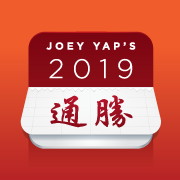LOGIN
NOT REGISTERED?
Sign up a free account to unlock all privileges.







